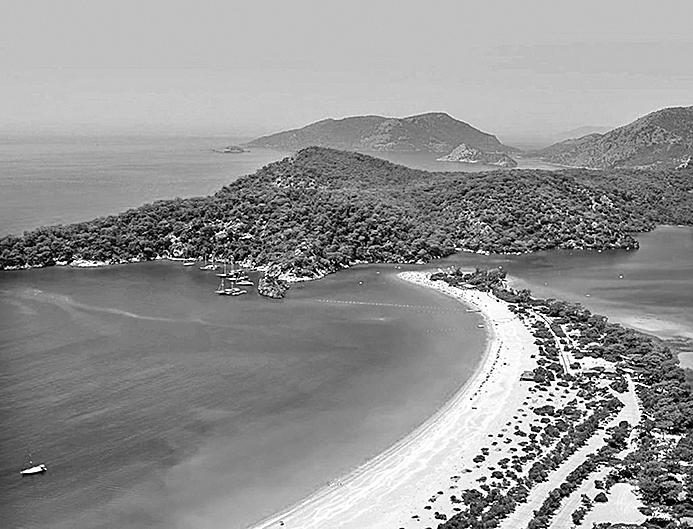The state requires undertaking advanced scientific research on both current and possible future climate scenarios and on diverse cross-cutting themes. It needs to study the effects on various sectors employing different analytical tools
- Sundara Narayan Patro| president, OES
post news network
Bhubaneswar, Jan 3: A webinar was organised on the theme ‘Coastal ecosystems of Odisha: Human impacts and changing scenario’ by Odisha Environmental Society Sunday. Experts said that while global warming and climate change are gaining momentum as the off shoot of unsustainable developmental practices, scientists are warning about the vulnerability of the coastal regions to such detrimental alterations.
Under such circumstance, mitigation and adaptation measures are required to be undertaken in right earnest to protect the coastal resources and the flow of benefits from them. Coasts are very sensitive to sea level rise, increase in frequency and intensity of storms, higher level of precipitation and warmer ocean temperatures. Further, rising carbon dioxide concentration is making seawaters more acidic, which has significant impact on coastal ecosystems and the species of animals and plants inhabiting these habitats. Odisha, blessed with a coastline of 482 km, should rise to the occasion by designing and implementing a comprehensive, robust climate policy to limit the magnitude of risks posed by the climate change and adapt to its expected impacts.
Sundara Narayan Patro, president of OES, said the state requires undertaking advanced scientific research on both current and possible future climate scenarios and on diverse cross-cutting themes. It needs to study the effects on various sectors employing different analytical tools. Shoreline erosion, seawater intrusion, frequent cyclones and loss in coastal biodiversity are already a concern in many areas of the state. This necessitates the constitution of an expert committee selecting scientists from climatology, oceanography, environment, biology, geography and social sciences to deal with the crisis.
On the occasion Pratap Kumar Mohanty, Dept. of Marine Sciences, Berhampur University presented a talk on ‘Coastal processes and cyclonic storms along Odisha coast: Impact analysis with special reference to turtle nesting habitats’. He narrated how erosion and accretion processes are occurring along the coast commensurate with the developmental activities, thereby causing ecosystem disruptions in the coastal region. He also explained how nesting process of Olive Ridley turtles was upset in the post-cyclonic period after episodes of Phalin, Hudhud and Titli.
Bisnu Prasad Dash, Dept. of Biosciences and Biotechnology, FM University spoke on the topic ‘Horseshoe crabs in Odisha coast: Significance, bio-prospecting and conservation issues’. He narrated how various human activities, including infrastructural developments and fishing activities, are pushing the horseshoe crab species into the threatened category. We can derive a lot of medicinal and other benefits from it by protecting the species. Thus, it needs to be placed in Schedule I instead of Schedule IV of the Wildlife Act.
Caption
Pic from internet
Odisha, blessed with a coastline of 482 km, should rise to the occasion by designing and implementing a comprehensive, robust climate policy to limit the magnitude of risks posed by the climate change and adapt to its expected impacts, experts opine

